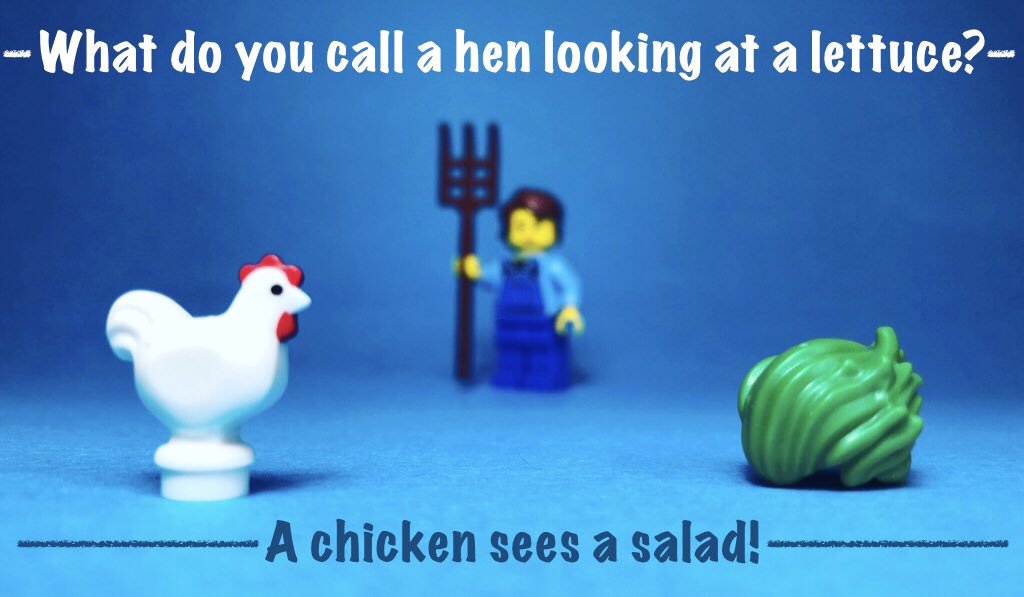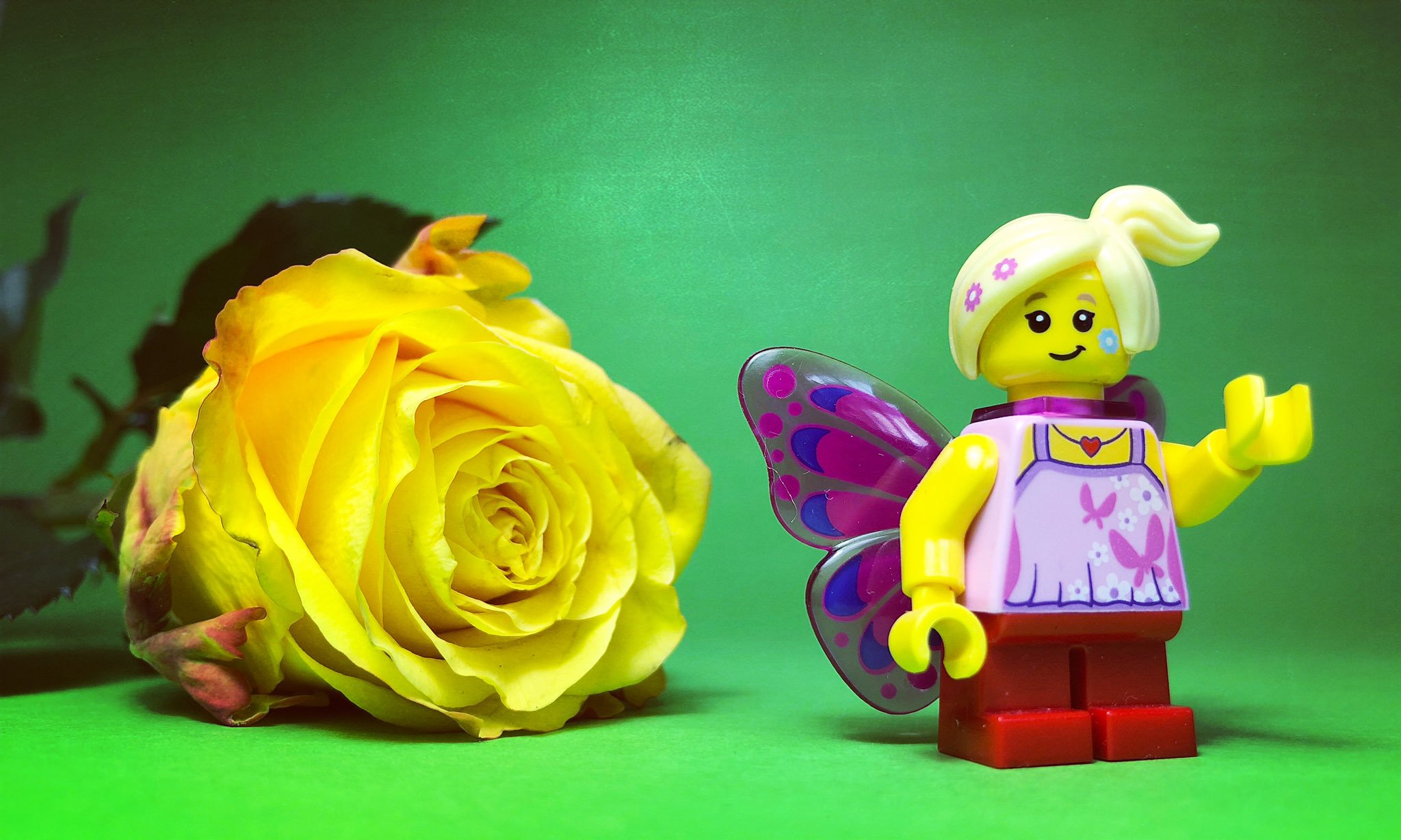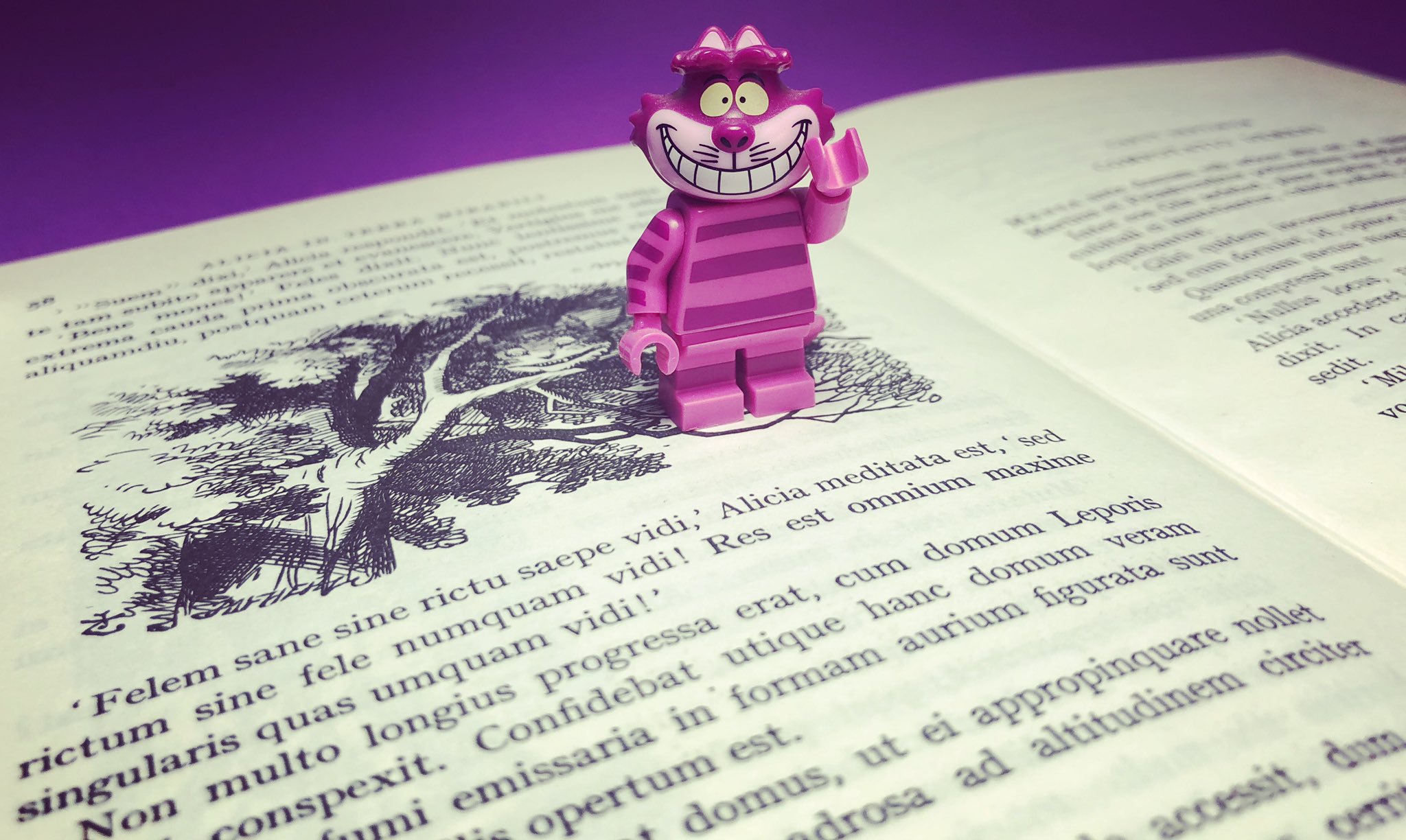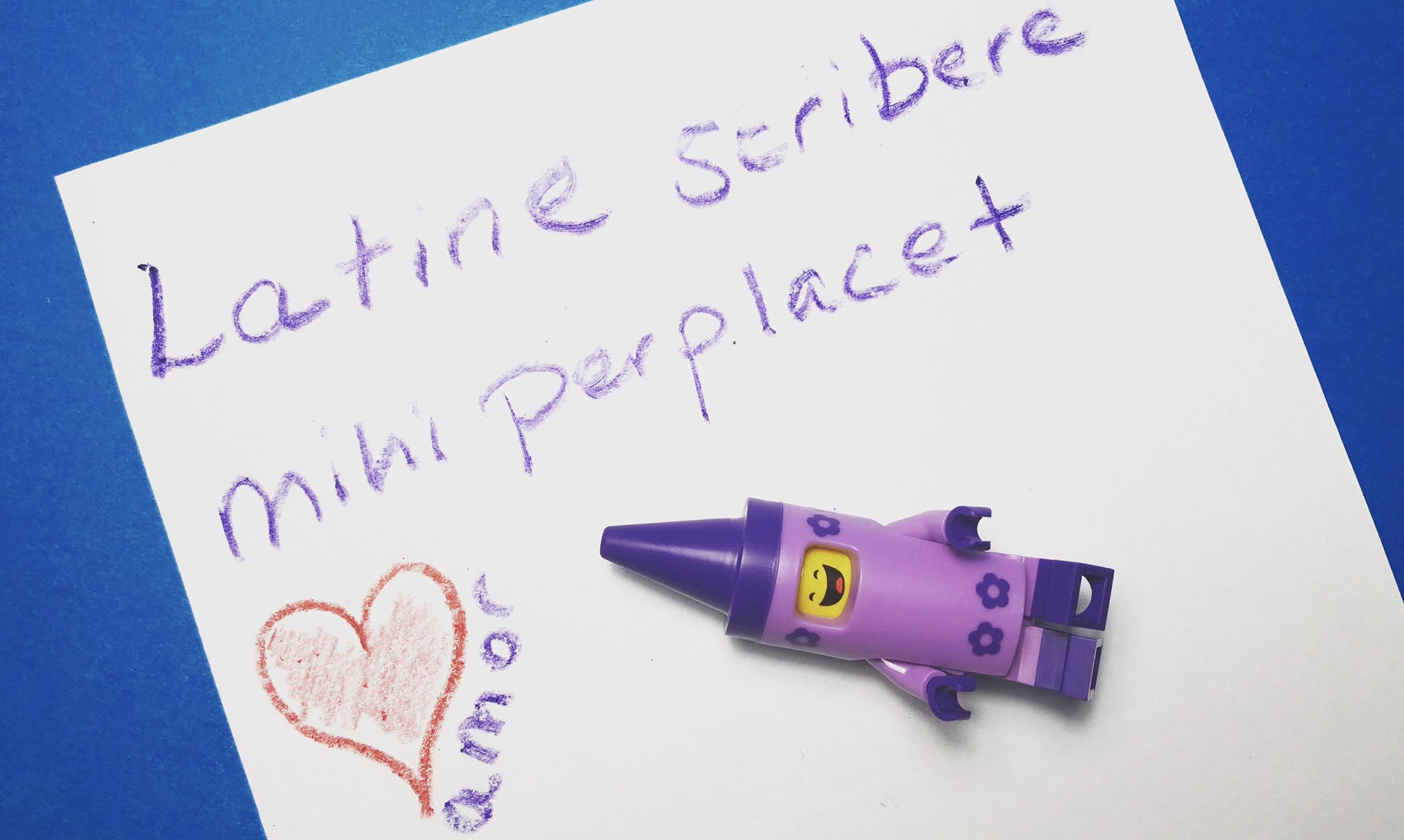
























![divorum antiquorum amorem ostendamus : let’s show [our] love of the ancient gods. Which goddess or god of the ancient world do you (most) admire, and why?](https://images.squarespace-cdn.com/content/v1/57ae8858c534a5bee9b5c9cb/1527903092616-B55GN5F7FROXVE0U64FF/image.png)












TOXIC is @OxfordWords’ 2018 Word of the Year. τοξον is the ancient Greek for bow, hence the adjective τοξικος : having to do with archery. φαρμακον is the Greek for medicine. φαρμακον τοξικον - a poison smeared on arrows - entered Latin as TOXICUM, taking on the meaning of ‘poison’.

non ducor, duco : I am not led, I lead. A traditional Latin saying, and a fine example of the relationship between an active and a passive verb.

My friend’s neighbours’ kids chalked up dozens of jokes on their footpath yesterday. This was his favourite.

papilio is the Latin word for butterfly. The name relates to the verb palpitare which means ‘to flutter’. There are several theories for the English ‘butterfly’, one being an old Anglo-Saxon belief that the colourful insects liked to steal milk and whey.

CambridgeHaiku cena confecta nunc Cerberus in via contentus dormit audi me iudex Hermogenes est mendax anulum habet cur tu me vexas nam flocci non facio num actor adsit scisne tu cur sit athletica iratus nasus fractus est Cerberus tristis cum domino mansit et custodiebat

felem sane sine rictu saepe vidi, Alicia meditata est, sed rictum sine fele numquam vidi! res est omnium maxime singularis quas umquam vidi!
Well! I've often seen a cat without a grin, thought Alice, but a grin without a cat! It's the most curious thing I ever saw in my life!

ecce Nexus! ecce Zelda! ecce Nexus et Zelda! Nexus est canis. Zelda non canis sed feles est. Nexus est canis fortis. Zelda est feles fortis. Nexus scit Zeldam felem fortem esse. Zelda scit Nexum canem fortem esse. Nexo placet cum Zelda explorare. Zeldae placet cum Nexo explorare.

It’s official. My broken computer cannnot be fixed. It has served me well since 2010, but the time has come to say goodbye. in perpetuum, computatorium, ave atque vale.

ecce! Grumio est in culina. quid facit Grumio in culina? Grumio in culina coquit. potesne videre Grumionem in culina coquentem? scisne quid Grumio in culina coquat? puto Grumionem pavonem in culina coquere. nam pavo a Grumione saepe coquitur. quid coquere tibi maxime placet?

Today Legonium honours Barbara Bell and Helen Forte, the co-creatores of Minimus, ‘the mouse that made Latin cool’. gratias vobis agimus, Barbara et Helena.

The ancient Romans believed the leopard (leopardus) to be a hybrid of lion (leo) and panther (pardus). In truth, the beautiful African black panther is a melanistic variant of the leopard. Melanism (from the Greek μελανός) is the development of dark skin pigmentation. cf albinism

Metella est in horto. Metella in horto stat. potesne videre Metellam in horto stantem? scisne cur Metella in horto stet? fortasse aliquis Metellam iussit in horto stare. fortasse in horto stare Metellae perplacet. tantum scio Metellam in horto stare. Cerberus quoque adest. euge!

Caecilius est in horto. Caecilius in horto sedet. potesne videre Caecilium in horto sedentem? scisne cur Caecilus in horto sedeat? fortasse aliquis Caecilium iussit in horto sedere. fortasse in horto sedere Caecilio perplacet. tantum scio Caecilium in horto sedere. ubi tu sedes?
![divorum antiquorum amorem ostendamus : let’s show [our] love of the ancient gods. Which goddess or god of the ancient world do you (most) admire, and why?](https://images.squarespace-cdn.com/content/v1/57ae8858c534a5bee9b5c9cb/1527903092616-B55GN5F7FROXVE0U64FF/image.png)
divorum antiquorum amorem ostendamus : let’s show [our] love of the ancient gods.
Which goddess or god of the ancient world do you (most) admire, and why?

You are given twenty four hours with a time machine. You may go to any part of the ancient Roman world at any time in its history. Where and when do you go, and how do your spend your day there?
